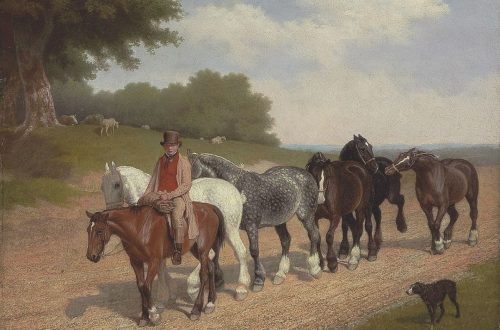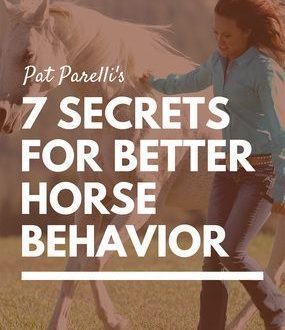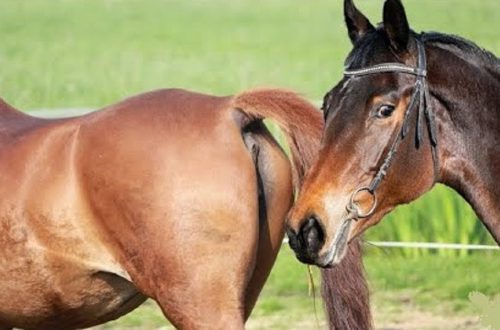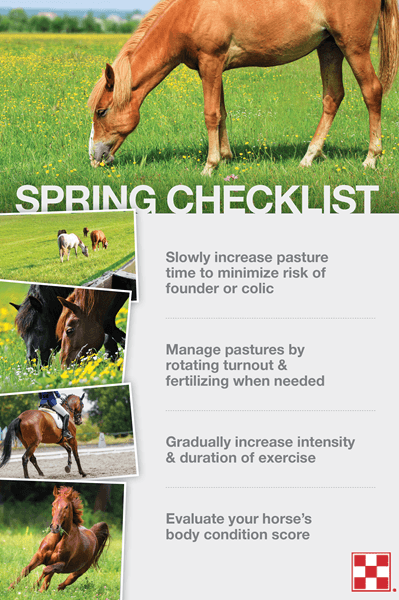
Is it good for horses to pasture
Horses were domesticated several millennia ago, but the behavior of modern domestic horses differs little from that of their wild ancestors. Including in relation to the use of the space given to them for use. How do you know if a horse is doing well in the pasture?
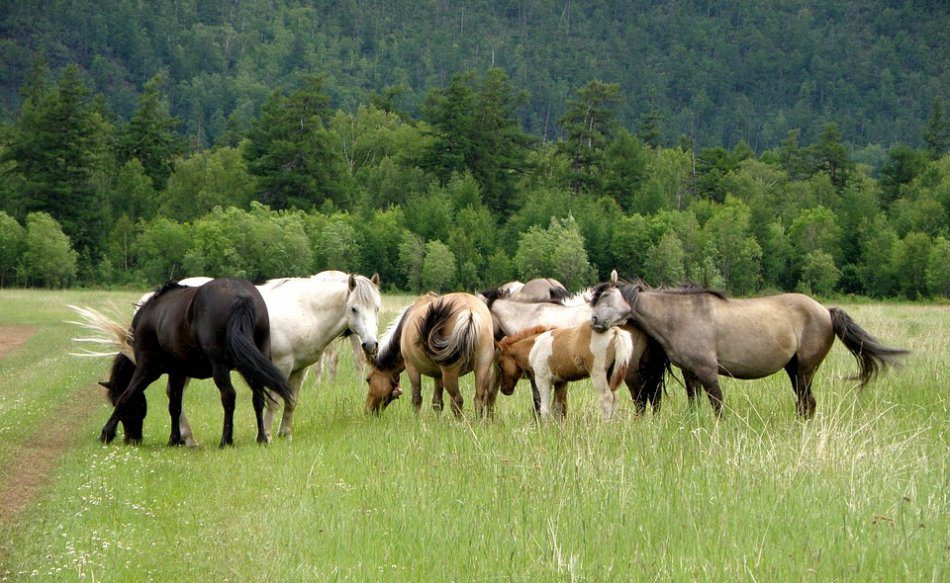

In the photo: horses in the pasture. Photo: pixabay.com
Why do horses need pasture?
Horses equally use both a small levada and a large pasture. In one corner they are lying around, the other is being adapted for a toilet, and in the third they are looking for shelter from the weather. Sometimes they choose favorite places for scratching. But it is most natural for a horse to walk on a pasture, taking advantage of the opportunity for free grazing. It is these conditions that ensure the most efficient functioning of the gastrointestinal tract and minimize health and behavioral problems.
In addition, when grazing, a horse can eat as much as nature should – up to 16 hours a day. The only alternative would be free access to hay. However, hay does not compare to grass in many ways.
Unfortunately, owning a pasture is a pipe dream for most horse owners. And the problem with the presence of grazing is one of the most common. If you are a happy owner of your own pasture, you can evaluate how good your horse is on it.
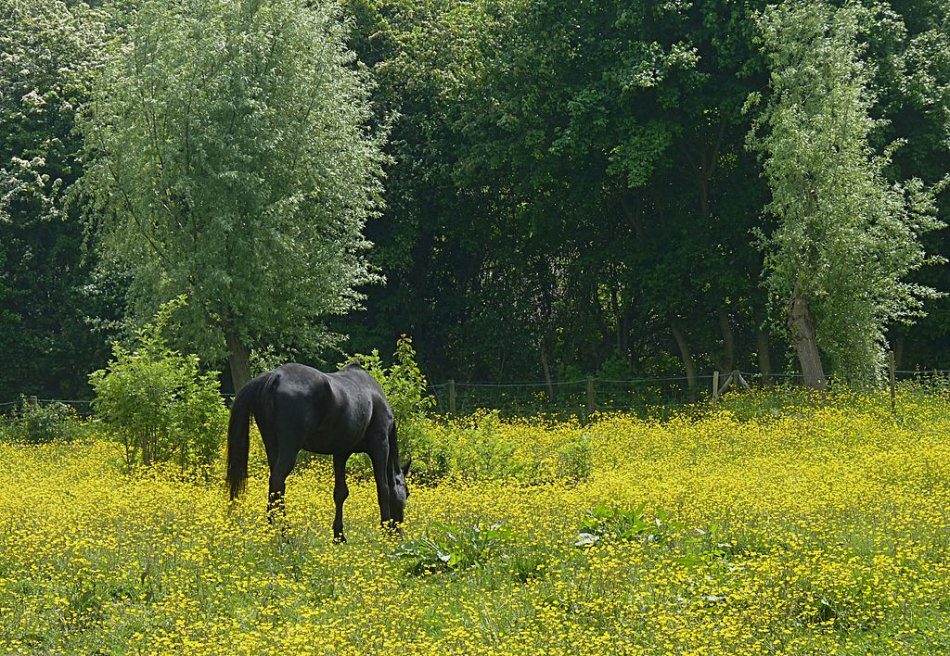



In the photo: a horse in a pasture. Photo: wikimedia.org
How to determine if a horse is well on the pasture?
A good pasture has the following features:
- Grass is quite nutritious.
- The pasture is well maintained.
- The pasture is of sufficient size according to the number of horses.
- The pasture for horses is fenced.
- The presence of shelters from the heat and bad weather (natural, for example, trees, or a shelter).
- The pasture can be divided into several sections.
- There is a rotation system and measures are being taken to avoid helminthic invasion.
Moreover, all these parameters are evaluated individually in accordance with the needs of a particular horse. For example, there are horses for which too abundant grazing is contraindicated. And a small pony will easily dive under the poles of the fence, which will stop a normal-sized horse. And it is better to allow any horse to graze all day on a poorer pasture, where he will have to wander in search of a sufficient amount of food, than to let him out for a few hours on a lush meadow with lush grass.





